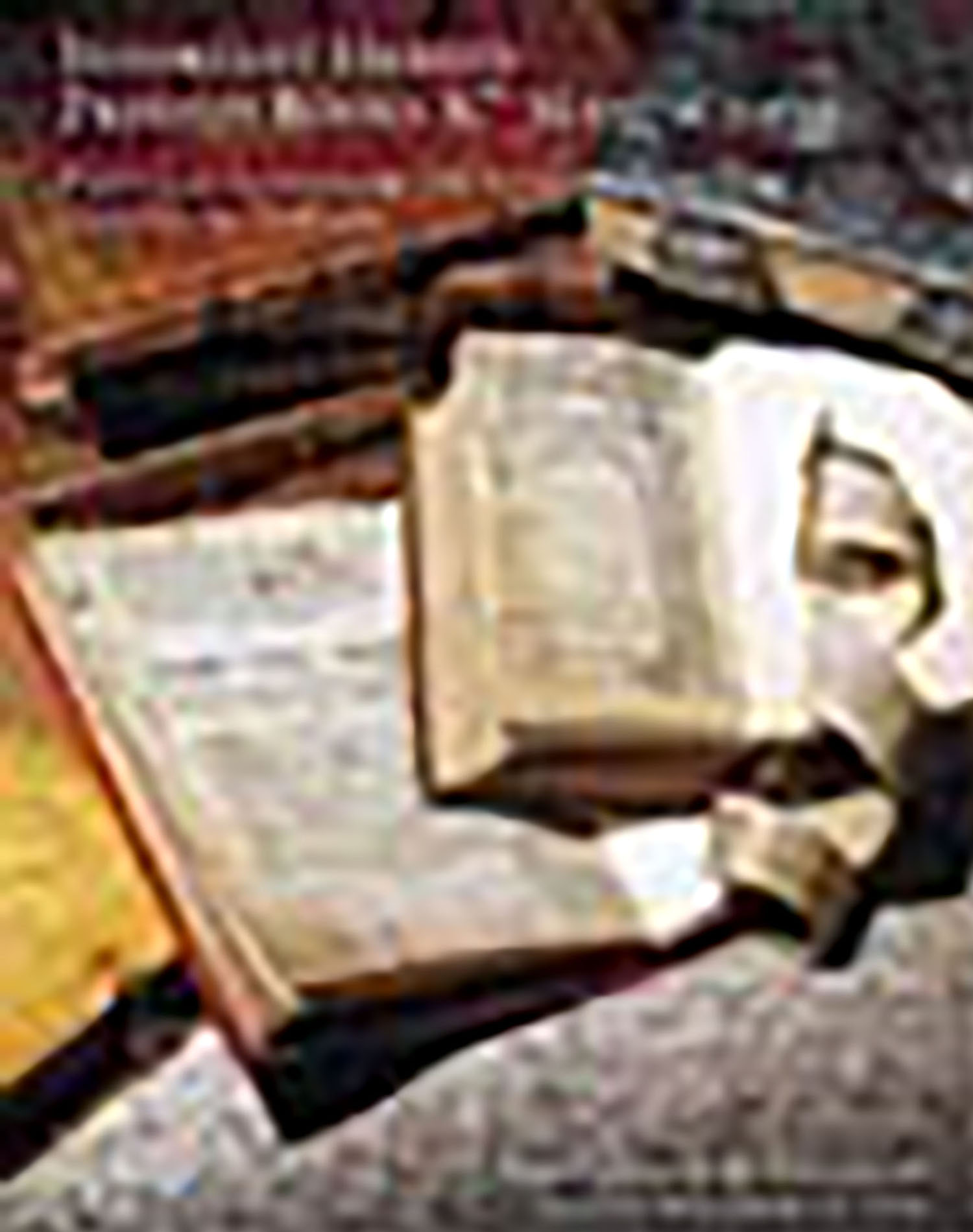Klal Katan [homily on Parshath Ha'azinu (Deuteronomy, Chap. 32), preached on Shabbath Shuva in Jassy, Moldovia, 1660]

AUCTION 14 |
Tuesday, November 13th,
2001 at 1:00
Important Hebrew Printed Books and Manuscripts From the Library of the London Beth Din
Lot 121
BLOCH, MATTATHIAS LIEBERMAN OF CRACOW.
Klal Katan [homily on Parshath Ha'azinu (Deuteronomy, Chap. 32), preached on Shabbath Shuva in Jassy, Moldovia, 1660]
Constantinople: Abraham Franco 1665
Est: $5,000 - $6,000
Apparently one of only two copies extant. Both Yaari and later Vinograd identify just a single copy in the JNUL.
In his introduction, the Author notes his homily is but an excerpt from his larger Klal Gadol, containing homilies on the entire Pentateuch. His desire was to raise funds from the sale of the present pamphlet in order to publish the entire work, and then migrate to Eretz Israel.
A native of Cracow and astute Torah scholar, Bloch studied under the tutelage of Menachem Mendel Krochmal ("Tzemach Tzedek"), a disciple of R. Heshel of Cracow. A survivor of the great massacres in Poland between 1648-55, Mattathias Bloch rose to become one of Shabbthai Tzvi’s most important lieutenants, and is identified as such in numerous documents cited by Jacob Sasportas in his Tzitzath Novel Tzvi. Bloch was initially influenced by Sabbatianism upon encountering Nathan of Gaza in Eretz Israel in 1666. Once introduced to Shabbathai Tzvi himself, Bloch in turn was inspired to prophecy. He labored to spread the Sabbathian belief in Egypt, Kurdistan and Persia.
On the identification of the author of this work with the Sabbathian prophet, see A. Ya'ari, Mi Haya Hanavi Hashabtai R. Matityahu Bloch?, in: Kiryath Sepher, Vol. 36 (1961), pp. 525-534; see also G. Scholem, Sabbatai Sevi, The Mystical Messiah (1973) p.130
